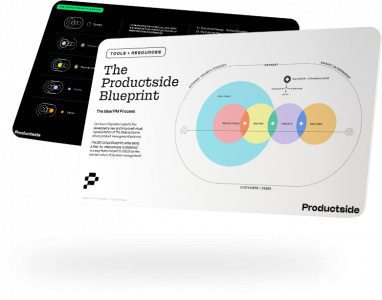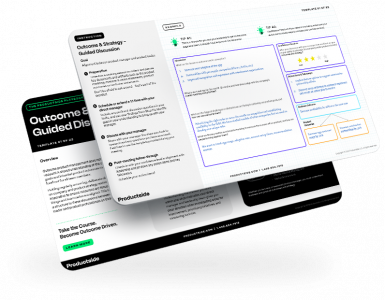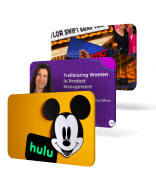
Team
Diagnostic Report
We interview your team and audit your documents to recommend improvements specific to your product process.
There’s a reason product leaders at Amazon, Disney, PwC, and more have partnered with Productside – formerly 280 Group – to implement a customer-centric product approach.
Lean on us to guide your team through outcome driven Product Management best practices and watch them launch products that people want to buy and use.
Put the ‘pro’ in product and get promoted with our courses.

Make valuable decisions as a strategic Product Manager and build products your customers love and…

Learn the proven iterative customer-led methodology used by successful Product Management teams t…

Learn how to harness the Agile methodology from the Product Management perspective to build succe…

Incorporate AI into your roadmap to deliver new, valuable customer experiences and avoid the cost…








